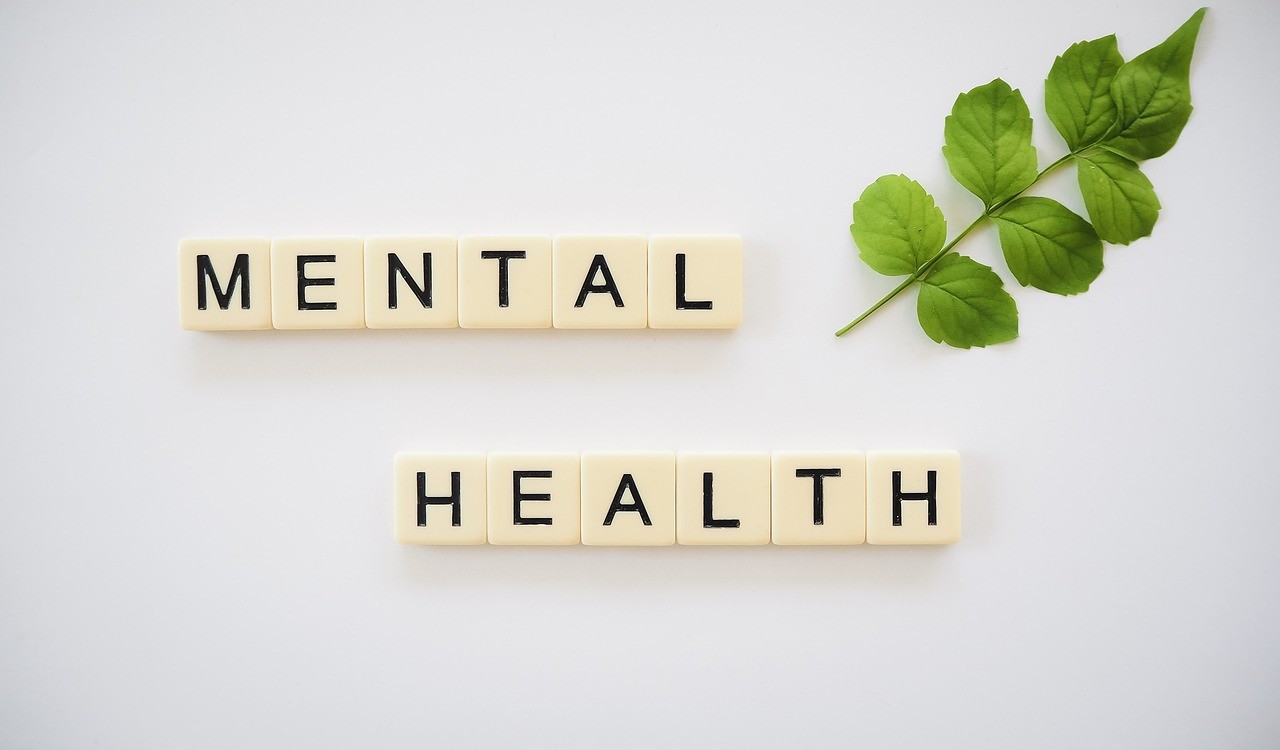
Migration and Mental Health
Photo by Total_Shape on Pixabay
Mental health is important for every individual at every stage of life, from childhood to adulthood, however, many people tend to ignore issues of mental health unless there are serious symptoms. According to the Centers for Disease Control and Prevention (CDC) (2023) mental health includes our emotional, psychological, and social well-being. It affects how we think, feel, and act. It also helps determine how we handle stress, relate to others, and make healthy choices (ibid). Mental health can be impacted by several factors for example, when the demands placed over a person exceeds their resources and coping abilities, their mental health could be impacted. Other factors that contribute to the risk of mental disorders include adverse childhood experiences such as trauma and abuse, biological or chemical imbalances in the brain, alcohol or drug abuse/use, experiences related to chronic medical conditions such as cancer and diabetes and having feelings of loneliness and isolation. Mental health challenges affect everyone but there is evidence of the high prevalence of common mental health disorders (e.g. depression, anxiety and post-traumatic stress disorder (PTSD)) among migrants and refugees than among host populations. Various challenges and stressors that take place at various stages of the migration process which can increase the risk of developing mental health conditions or at the same time exacerbate pre-existing social and mental health problems. According to an article by the European Union, UNICEF and the Scalabrini Centre of Cape Town (nd), concerns among people on the move ranging from traumatic experiences relating to entering the borders of South Africa, challenges relating to cultural assimilation, discrimination based on their legal status or nationality and separation from family lead to several problems experienced by the migrant population which could include social consequences or mental health disorders. According to WHO (2023) some of the factors that can affect the mental health of migrants at different stages include:
1. Pre-migration: due to lack of livelihood opportunities and opportunities for education and development, exposure to armed conflict, violence and/or persecution.
2. Migration travel and transit: exposure to challenging and life-threatening conditions including violence and detention and lack of access to services to cover their basic needs.
3. Post-migration: barriers to accessing health care and other services to meet their basic needs as well as poor living conditions, separation from family members and support networks, possible uncertainty regarding work permits and legal status (asylum application), and in some cases immigration detention.
4. Integration and settlement: poor living or working conditions, unemployment, assimilation difficulties, challenges to cultural, religious, and gender identities, challenges with obtaining entitlements, changing policies in host countries, racism and exclusion, tension between host population and migrants and refugees, social isolation, and possible deportation.
According to the WHO (2023) in responding to mental health needs of migrants and refugees there is a need for a multi-disciplinary and inclusive approach which includes the provision of clear information on mental health, providing out to at risk groups, facilitation of affordable and non-discriminatory access to mental health services, provision of person-centered care and facilitation of communication and engagement of multiple sectors and systems. Furthermore, there is a need to ensure continuity of care, integrate mental health in primary health care, address social determinants and promote social integration and inclusion (ibid). This is essentially important in ensuring that noone is left in ensuring the universal access to health care by 2030.
As we commemorate this year’s world mental health day, we share a report compiled by the Scalabrini Centre of Cape Town entitled, “Mental Health & Psychosocial Counselling for people on the move in South Africa: Reflections & experiences”. The article gives feedback on the experiences of providing Mental Health and Psychosocial services to the migrant population, identification of the mental health services available and service delivery gaps that were identified in the process. To read the article click on this link: https://www.scalabrini.org.za/wp-content/uploads/2023/07/Scalabrini-briefer_MHPSS_WEB.pdf
References
Centers for Disease Control and Prevention (CDC). (2023) About Mental Health. Available online: https://www.cdc.gov/mentalhealth/learn/index.htm.
European Union, UNICEF and Scalabrini Centre of Cape Town. (nd) Mental Health & Psychosocial Counselling for people on the move in South Africa: Reflections & experiences. Available online: https://www.scalabrini.org.za/wp-content/uploads/2023/07/Scalabrini-briefer_MHPSS_WEB.pdf
WHO. (2023) Mental health and forced displacement. Available online: https://www.who.int/news-room/fact-sheets/detail/mental-health-and-forced-displacement
Categories:
Tags:

